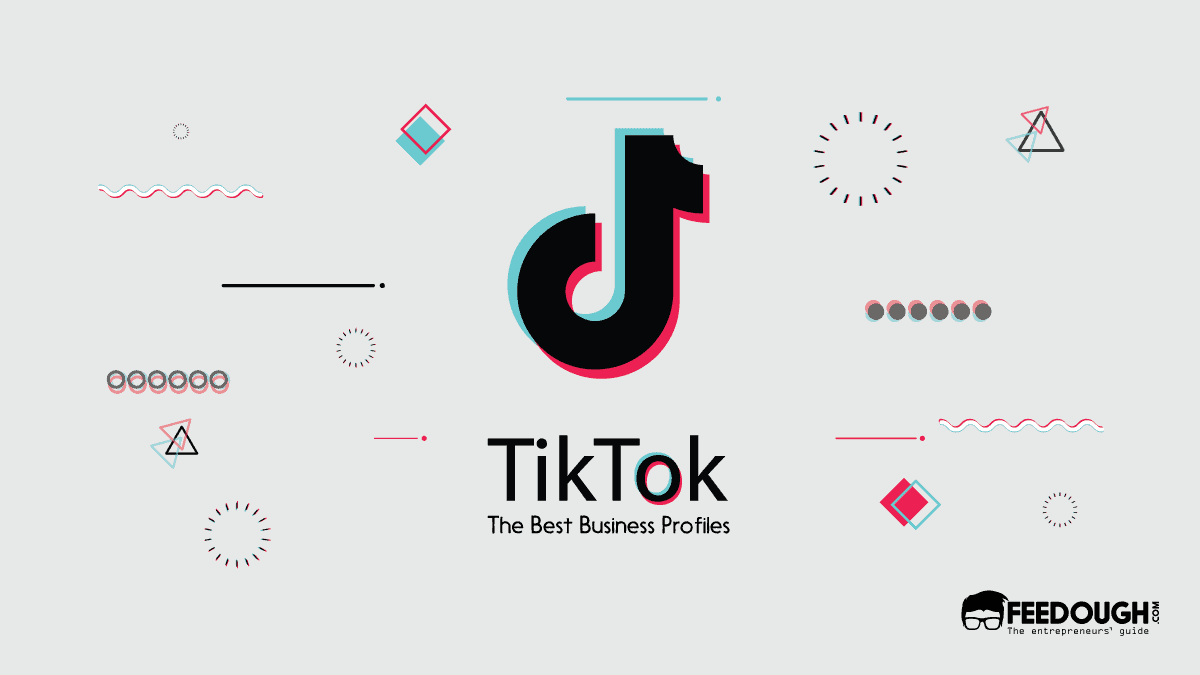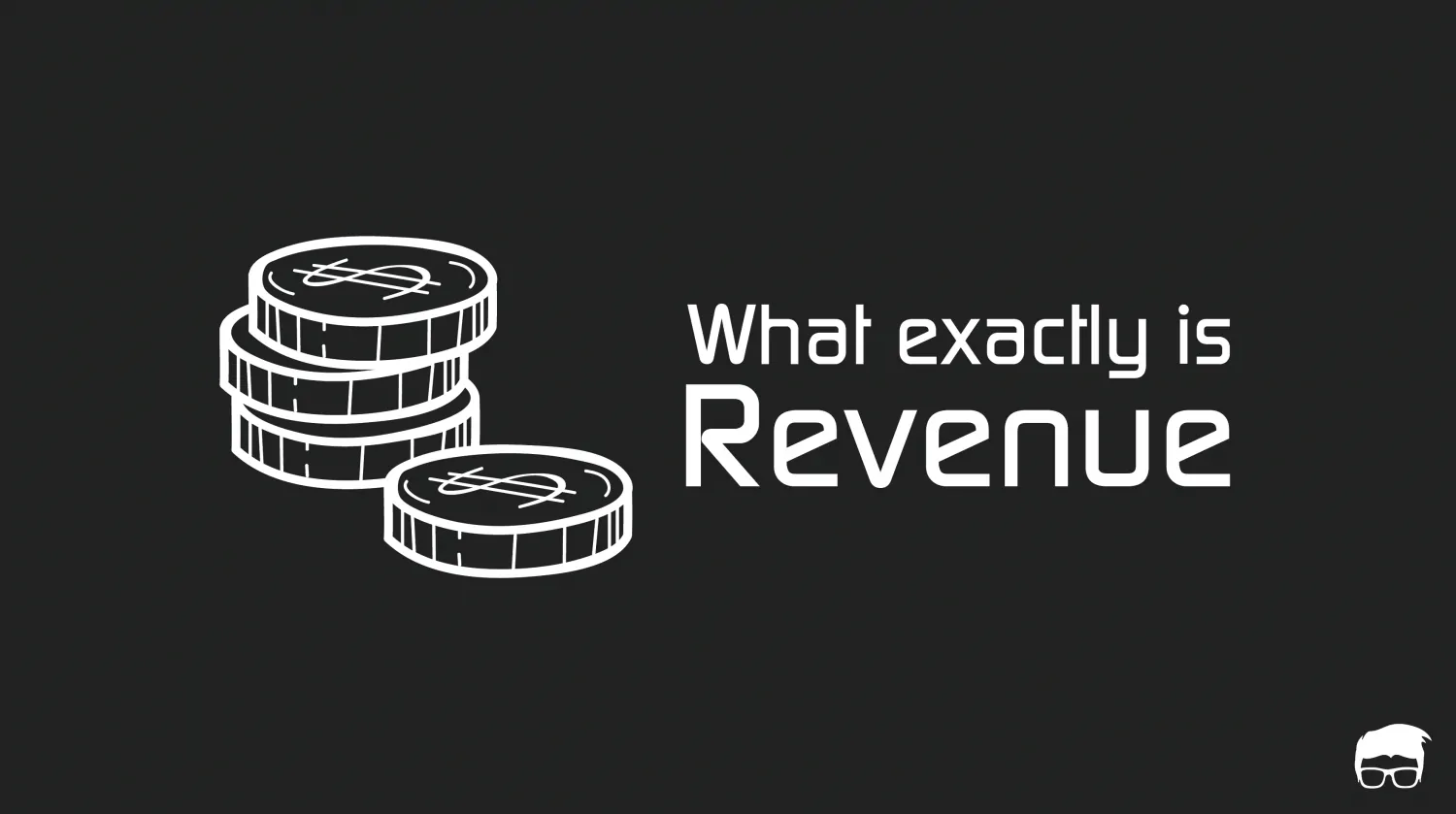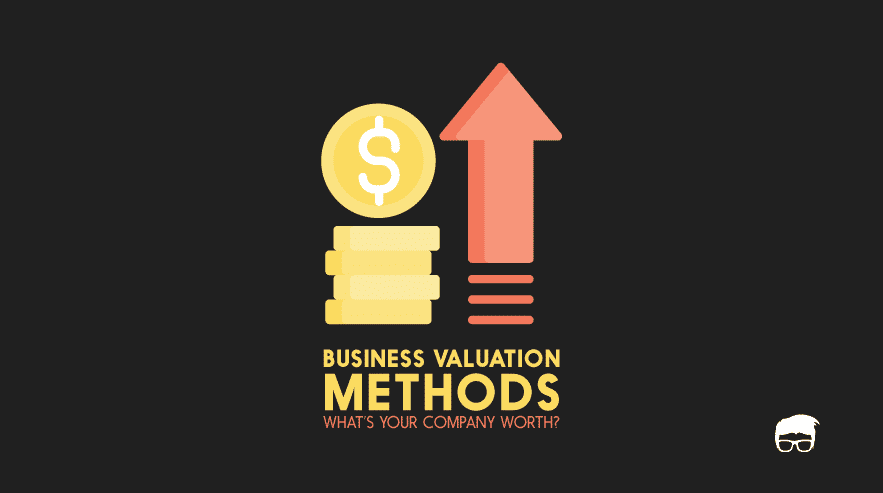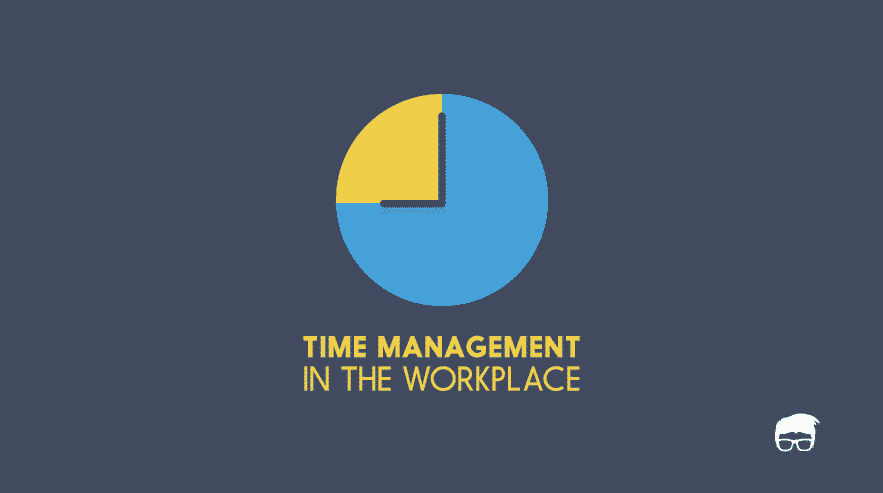You’re staring at your computer screen on yet another Monday morning, wondering if there’s more to life than your 9-to-5 routine. Maybe you’ve caught yourself daydreaming about being your own boss, or perhaps you’ve scrolled through LinkedIn seeing former colleagues launch their own ventures. The question that keeps nagging at you is simple yet complex: should you stick with the security of your job or take the leap into business?
You’re not alone in this dilemma. With over 36% of U.S. adults earning extra income through side hustles, the line between traditional employment and entrepreneurship is blurring. Here’s the thing—this isn’t just about money. It’s about your lifestyle, your future, and what success means to you personally.
The choice between a job and starting a business will shape everything from your daily routine to your retirement plans. Let’s break down what each path really means for your life.
What is the Difference Between a Job and Business?
At its core, the job vs business decision comes down to one fundamental concept: ownership versus employment.
When you have a job, you’re trading your time and skills for a guaranteed paycheck. You show up, complete assigned tasks, and receive predetermined compensation. But here’s what this means for your daily reality.
In a job, you follow someone else’s vision. Your boss sets your schedule, defines your responsibilities, and determines your income ceiling.
Think of it like being a skilled musician in an orchestra. You’re incredibly talented, but you’re playing someone else’s composition. You get the security of knowing exactly when rehearsal starts and when you’ll get paid, but you can’t suddenly decide to change the tempo or add a guitar solo.
A business flips this entire dynamic. You own the process, the decisions, and yes, the risks. You’re not just the musician anymore, you’re the composer, conductor, and booking agent all rolled into one. That means you decide what services to offer, which clients to work with, and how much to charge.
The relationship with money changes dramatically too. In a job, your income is predictable but capped. You might get raises or bonuses, but someone else controls those decisions. With a business, your earning potential is theoretically unlimited, but so is your potential for loss. You might make nothing for months, then land a contract that pays more than your entire previous year’s salary.
What surprised you when you first started researching this?
The time commitment aspect. Jobs typically have clear boundaries. You clock in at 9, clock out at 5.
Business ownership doesn’t respect those boundaries. Your “workday” might be answering client emails at 10 PM or brainstorming solutions in the shower at 6 AM.
Financial Comparison: Job vs Business Income Potential
Here’s where things get interesting. You might think comparing job income to business income is straightforward, but the reality is messier than you’d expect.
Average Salary vs Business Owner Earnings
Let’s be upfront about something – the income gap between employees and business owners isn’t just about talent or effort. It’s about structure.
Your typical corporate employee gets promoted every 3.8 years with a 9% raise. That sounds decent until you realize startup employees move up every 1.6 years with 15% increases plus stock options. The difference? Risk tolerance and growth environment.
But here’s what surprised you. Even side hustles show dramatic income variations. Men with side hustles make $1,034 per month while women earn $735. That’s a 40% gap in the same entrepreneurial space.
What this means for you: business income isn’t automatically higher. It’s highly variable and depends on factors you can’t always control.
Long-term Wealth Building Potential
This is where the job vs business debate gets complicated. Your job gives you predictable income growth – you know roughly what you’ll earn in five years. Your business? It could make you wealthy or leave you broke.
The math changes dramatically over time. That corporate employee earning $80,000 might reach $120,000 in a decade. The business owner could hit zero or $500,000 in the same period.
Equity changes everything. While you’re earning salary, business owners build assets. They’re not just making money – they’re creating something they can sell.
Financial Risk Assessment
You’re still working through this, but financial security means different things to different people. Millennials and Gen Z workers rate financial security as crucial for career satisfaction, which explains why many stick with jobs despite lower long-term earning potential.
The risk equation is simple: jobs limit your upside but protect your downside. Businesses do the opposite.
Your monthly expenses don’t care about your long-term wealth building strategy. If you need $4,000 monthly to live, a job guarantees it. A business might give you $400 one month and $40,000 the next.
The thing is, you can’t evaluate financial potential without considering your risk tolerance and life circumstances. A single parent needs income reliability. A 23-year-old living with parents can afford business volatility.
Job Benefits and Advantages
That predictable paycheck we talked about earlier? That’s just the beginning. When you dig into what traditional employment offers, you start to see why millions of people choose this path over the unpredictable world of business ownership.
Here’s the thing about the job vs business decision – jobs come with a built-in safety net that business owners have to create on their own. You’re not just getting a steady income. You’re getting access to benefits, structure, and opportunities that would cost thousands to replicate as an entrepreneur.
Income Stability and Predictability
Let’s be honest about something. That guaranteed monthly paycheck does wonders for your sleep quality.
While business owners stress about next month’s revenue, employees know exactly what’s hitting their bank account. You can plan vacations, take out mortgages, and make long-term financial decisions without constantly wondering if the market will crash your income.
According to Deloitte’s Gen Z and millennial survey, financial security is crucial for younger workers’ well-being and optimism about their future. That predictable paycheck becomes even more valuable when you realize how much mental energy goes into financial uncertainty.
Plus, most jobs come with structured raises and bonus systems. You might not get rich overnight, but you know that performing well typically leads to predictable income increases.
Employee Benefits and Perquisites
This is where jobs really shine compared to business ownership. Your employer covers costs that would eat into a business owner’s profits.
Health insurance alone can cost entrepreneurs $500-$1,500+ monthly. Add dental, vision, and other benefits, and you’re looking at serious money. As an employee, these often come at a fraction of the cost or completely free.
Then there’s the stuff you might not think about. Paid time off, sick leave, retirement matching, professional development budgets. Some companies throw in gym memberships, free meals, or even sabbaticals. You’d have to be pretty successful as a business owner to afford all these perks for yourself.
Work-Life Balance Considerations
You clock out at 5 PM and actually stop working? That’s not always possible when you own the business.
Jobs typically come with clearer boundaries. When the workday ends, someone else worries about the operations. You get weekends off without checking sales numbers or dealing with customer complaints at midnight.
That said, you’re probably thinking this varies wildly by industry and company. Some jobs demand crazy hours while some business owners work part-time. But generally speaking, employees have more predictable schedules and legal protections around work hours.
Career Development and Skill Building
Here’s something that surprised you when researching this. Many companies invest heavily in employee development.
Training programs, conferences, certifications, mentorship opportunities – these all come at your employer’s expense. As a business owner, you’d pay for this education yourself while also running the business.
Remember that corporate advancement timeline we mentioned? Those 3.8 years between promotions often come with substantial skill development. You’re learning from experienced colleagues, getting exposed to different departments, and building expertise without the pressure of keeping a business afloat while you learn.
What’s interesting is how this creates a foundation for future entrepreneurship. Many successful business owners spent years in corporate roles, learning systems and strategies they later applied to their own ventures.
Business Ownership Benefits and Advantages
Now let’s flip the coin. While that job security we just talked about sounds pretty comfortable, the job vs business equation shifts when you consider what business ownership offers – complete control over your own destiny. That’s where the entrepreneurial path starts looking compelling, even if you’re still figuring out whether it’s right for you.
The thing is, owning a business isn’t just about being your own boss (though that’s definitely part of it). It’s about building something that could potentially grow beyond what any salary could ever provide. Here’s what really sets business ownership apart.
Unlimited Income Potential
Remember those salary ranges we covered earlier? Well, throw those out the window when you own your business. Your earning potential becomes directly tied to how much value you create, not what HR decides you’re worth.
Take mobile car wash services, for example. Search interest has jumped 276% in just one year because people love convenience. A simple service like this can scale from a weekend side hustle to a fleet operation generating six figures annually. The difference? You’re not asking for a raise, you’re creating your own income ceiling.
But here’s the catch. Unlimited potential also means unlimited responsibility. Bad months happen, and there’s no guaranteed paycheck to fall back on.
Decision-Making Authority and Control
Ever sat in a meeting thinking “this could be an email” or watched a great idea get killed by corporate bureaucracy? Business ownership eliminates that frustration entirely.
When you run the show, you decide everything. Which clients to take on. How to treat employees. What direction to grow in. Whether to work from a beach in Bali or your garage at 3 AM. That level of control can be intoxicating, especially if you’ve spent years feeling micromanaged.
The flip side? Every decision – good or bad – lands squarely on your shoulders. Sometimes you’ll miss having someone else make the tough calls.
Flexibility and Independence
This is where business ownership really shines compared to traditional employment. Need to pick up your kids early? Done. Want to take a three-week vacation in July? Your calendar, your choice. Prefer working at night when your brain fires on all cylinders? Nobody’s stopping you.
You’re not bound by someone else’s schedule, dress code, or office politics. You create the work environment that actually works for you, instead of adapting to what works for a company.
But let’s be honest – early in business ownership, you might find yourself working more hours than any employee, not fewer. Freedom comes after you build systems that don’t require your constant attention.
Building Long-term Assets
Here’s something most employees never experience – building equity in something that could outlast your working years. Every system you create, every client relationship you build, every process you refine adds value to an asset you actually own.
Your business becomes something you can potentially sell, pass down, or scale beyond your personal involvement. That’s completely different from a job where your value essentially resets when you leave.
Plus, you’re developing skills that transfer to any future venture. Marketing, sales, operations, financial management – these become part of your toolkit forever.
But let this not be the sole reason that you pick a resignation letter form and leave your existing company just because you think heading a business will have better long term effects.
What’s interesting here is that you don’t have to choose one path permanently. Part of you thinks about the security of employment, but another part wonders about the potential of ownership. Both have merit, and your answer might change as your life circumstances evolve.
Drawbacks of Traditional Employment
While that stability we talked about earlier sounds pretty appealing, traditional employment comes with its own set of frustrations. You might find yourself bumping up against limitations that weren’t immediately obvious when you first took the job.
Income Ceiling Limitations
Here’s something that hits most employees eventually: your salary has a cap. Sure, you might get annual raises or promotions, but there’s typically a ceiling on what you can earn in any given role or company.
That marketing manager we mentioned earlier? They might max out at $80,000 in their current position. Even with stellar performance, jumping to $120,000 could require switching companies or waiting years for the right opening. Your income growth often depends more on corporate budgets than your actual value creation.
Limited Control Over Career Direction
This one’s trickier than it first appears. While you can choose which jobs to apply for, once you’re hired, your day-to-day decisions are largely made by others. Your manager sets your priorities. The company determines which projects get funding. Economic downturns can eliminate your entire department regardless of your performance.
You might excel at strategic thinking but find yourself stuck doing administrative tasks because that’s what the role requires. The mismatch between your strengths and your actual responsibilities can be genuinely frustrating.
Job Security Concerns
Remember that stability benefit? Well, it’s not as rock-solid as it once was. Companies restructure, automate, and outsource more frequently than previous generations experienced. Even high-performing employees can find themselves laid off due to market conditions or corporate strategy shifts.
The thing is, you’re building someone else’s business. When budget cuts come, you’re a line item on a spreadsheet rather than the person making those decisions.
Drawbacks of Business Ownership
Now let’s flip the script. While business ownership offers that unlimited income potential and control we discussed, it comes with trade-offs that can be genuinely challenging.
Financial Uncertainty and Risk
That mobile car wash business seeing 276% growth? Well, last month they might have made $15,000, but this month could bring in $3,000 due to weather or economic factors. Your income can swing dramatically from month to month.
Unlike that steady paycheck employees receive, business revenue often feels like riding a roller coaster. You might have amazing quarters followed by months where you’re barely breaking even. This unpredictability can make everything from paying rent to planning vacations more stressful.
Heavy Workload and Time Investment
Remember that work-life balance advantage of traditional employment? Business owners often work significantly longer hours, especially in the early stages. You’re wearing multiple hats: sales, marketing, operations, accounting, customer service.
That flexibility we talked about can backfire. When you can work anytime, you often end up working all the time. Weekends become workdays. Vacations include checking emails and handling emergencies.
Personal Liability and Stress
Here’s what keeps many business owners up at night: everything falls on your shoulders. Employee problems, customer complaints, cash flow issues, regulatory compliance – it all traces back to you.
The stress can be intense. When employees have bad days, they go home and disconnect. When business owners have bad days, they’re mentally running through solutions at 2 AM because tomorrow’s problems won’t solve themselves.
Initial Investment Requirements
Starting a business typically requires upfront capital. Even that mobile car wash needed equipment, supplies, insurance, and marketing budget before seeing the first dollar of revenue.
You might need to invest your savings, take on debt, or find investors. There’s no guarantee you’ll recoup these costs, which adds another layer of financial pressure to an already risky endeavor.
Key Factors to Consider When Making Your Decision
You’ve absorbed all the pros and cons, but you’re probably still sitting there wondering: “So which path should I actually take?” Here’s the thing – there’s no universal answer. But there are some key factors you can use to figure out what makes sense for your specific situation.
Let’s be upfront about something: this decision gets messier when you start looking at your actual circumstances rather than just the theoretical benefits we covered earlier.
Personal Risk Tolerance
Remember that income variability we talked about with business ownership? Your comfort level with uncertainty is going to be a huge factor here. Some people thrive on the unpredictability – the possibility of making $2,000 one month and $8,000 the next actually energizes them.
Others need that steady paycheck to sleep at night. You might think you’re risk-tolerant until you’re three months into a business and haven’t made enough to cover rent. Ask yourself: Can you handle not knowing exactly what your income will be next month? Do you have backup plans when things go sideways?
Financial Situation and Responsibilities
This is where that financial security aspect we mentioned earlier gets real. If you’re carrying student loans, supporting family members, or trying to save for a house, the steady benefits package of a traditional job might be non-negotiable right now.
On the flip side, if you’ve got some savings cushion and minimal financial obligations, you might be in a position to weather the initial uncertainty of starting a business. The key question: How many months can you survive without steady income?
Skills and Experience Assessment
You’re still working through this, but honestly evaluate what you bring to the table. Do you have skills that translate directly into a marketable service or product? Or are you stronger in areas that shine in a collaborative work environment?
That mobile car wash example from earlier? It works because the skills required are learnable and the market need is clear. But if your expertise is in complex project management or requires specialized team coordination, a traditional job might let you leverage those skills more effectively.
Life Stage and Family Considerations
Your twenties look different from your thirties with kids. If you’re supporting a family, that need for health insurance and steady income becomes much more pressing. But if you’re single and flexible, you can take risks that might not make sense later.
The timing factor is huge here. Starting a business while dealing with major life changes – new marriage, kids, caring for aging parents – adds complexity layers that might tip the scales toward job stability.
Long-term Career Goals
Where do you actually want to be in ten years? Some career paths require the structured learning and networking opportunities that come with traditional employment. Others demand the entrepreneurial skills you only develop by running your own show.
What’s interesting here is that this doesn’t have to be a permanent choice. You might start with job security while building side business skills, or launch a business knowing you can return to employment if needed.
Making Your Decision: A Practical Assessment Framework
Alright, let’s get practical. You’ve absorbed all this information, but now you need a way to actually make this decision. Here’s a framework that might help you think through where you stand.
Self-Assessment Questions
Ask yourself these questions honestly—and you might be surprised by your answers:
How much money do you actually need each month to cover your basics? Not your current lifestyle, but the minimum you need to survive. Write that number down.
What would happen if your business failed after six months? Could you find another job? Would you be okay financially and emotionally?
When you imagine yourself in five years, what scenario makes you feel more energized—having built something of your own, or having advanced in your career?
Decision-Making Checklist
Here’s what you can check off as you move forward:
□ You have 3-6 months of expenses saved
□ You’ve validated your business idea with real customers
□ You understand your monthly break-even point
□ You’ve discussed this decision with people affected by it
□ You have a backup plan if things don’t work out
The thing is, you might never feel 100% ready. Most people don’t. But this checklist helps you see if you’re reasonably prepared rather than just hoping for the best.
Next Steps for Each Path
If you’re leaning toward keeping your job: Start small. Pick one evening or weekend morning to work on your idea. Test it for three months before making any bigger decisions.
If you’re considering the entrepreneurial leap: Begin with the side business approach first, unless you’ve already validated your idea and have some revenue coming in.
What you can’t figure out is why more people don’t talk about the middle ground—but maybe that’s because the middle ground requires the most discipline. It’s actually harder in some ways than either extreme.
Whatever you choose, you’re not stuck with it forever. You used to think these decisions were permanent, but they’re really just the next chapter. And honestly? That’s probably the most human thing about this whole process—we’re all just figuring it out as we go.
A startup consultant, digital marketer, traveller, and philomath. Aashish has worked with over 20 startups and successfully helped them ideate, raise money, and succeed. When not working, he can be found hiking, camping, and stargazing.

![How To Start A Business While You Are Still Employed [Actionable Guide] start a business still employed](https://www.feedough.com/wp-content/uploads/2021/04/start-a-business-still-employed.webp)







